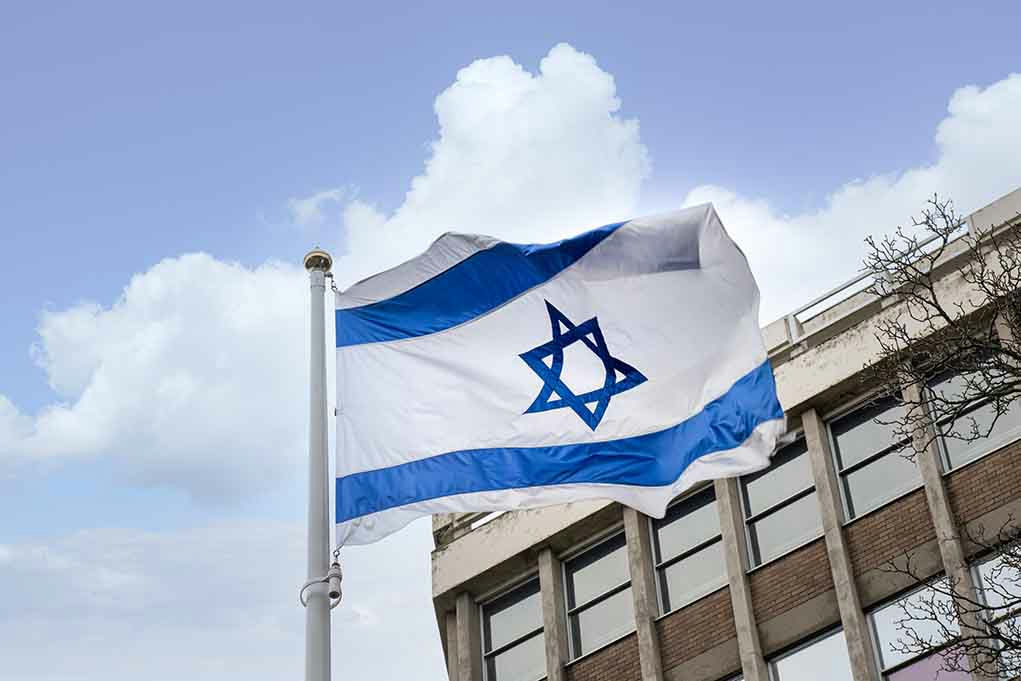Israel’s new military strategy in Gaza has sparked international concern and humanitarian fears.
Israeli Military’s New Offensive Strategy
On Wednesday, the Israeli Defense Forces (IDF) announced the approval of a new operational framework for a renewed offensive in the Gaza Strip. This decision comes amid intensified ground incursions in Gaza City, which have been met with condemnation by Hamas. The move marks a potential escalation in the ongoing conflict, which has seen months of intense fighting, unsuccessful ceasefires, and dire humanitarian conditions.
The decision to implement a new strategy reflects Israel’s ongoing efforts to dismantle Hamas and ensure the security of its citizens. This comes after a series of failed ceasefires and increasing international pressure. Israeli forces have reportedly taken control of 77% of Gaza’s territory by late August 2025, underscoring the intensifying conflict dynamics.
Humanitarian Concerns and Global Reactions
As the offensive continues, the humanitarian situation in Gaza has reached critical levels. The densely populated region faces severe shortages of essential supplies such as food, water, and medical resources. Only limited humanitarian convoys have been able to enter, exacerbating the crisis. International actors, including humanitarian organizations, have expressed grave concerns regarding the impact on civilians.
The international community has called for increased humanitarian access and reiterated the need for a sustainable political solution. However, the ongoing hostilities and aggressive military actions have made these efforts increasingly challenging, highlighting the complex interplay of military objectives and human rights considerations.
Strategic Implications and Future Prospects
The newly approved operational framework by the Israeli military signifies a shift from short-term punitive raids to potential prolonged occupation and control. This strategic change aims to secure long-term security for Israel but also risks further destabilizing the region. As hostilities continue, the potential for a negotiated peace settlement appears increasingly remote, complicating the prospects for long-term stability.
The cyclical nature of the conflict and the entrenched positions of both Israel and Hamas suggest that military solutions alone may not address the underlying political grievances. As the situation evolves, the international community’s role in mediating and supporting a viable path to peace remains crucial.
Sources:
Israel-Hamas War overview and timeline
Timeline of the Gaza war and related events
Timeline and analysis of Israeli actions in Gaza
Humanitarian timeline and impact assessment

